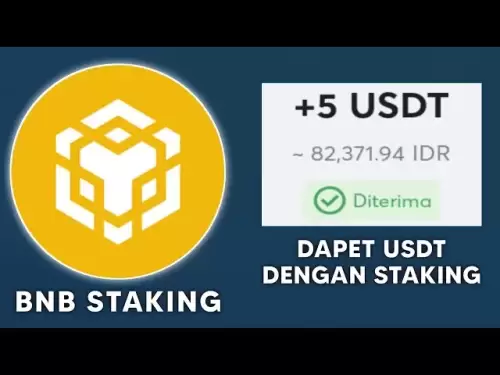Explore how Bitcoin reacts to Iran-Israel tensions, from market volatility to potential use in evading sanctions. Is BTC a safe haven or a geopolitical pawn?
Bitcoin in the Crossfire: Navigating Iran-Israel Tensions
Bitcoin's been on a rollercoaster, and the Iran-Israel situation is definitely a factor. Let's break down what's happening and why it matters.
Geopolitical Tensions and Bitcoin's Bounce
Remember when Bitcoin surged past $104,000? Part of that jump was thanks to easing tensions between Iran and Israel. After some tense moments, things calmed down a bit, and Bitcoin responded positively. Even a tweet from a certain former president helped stabilize the markets. It's like the world collectively took a breath, and Bitcoin exhaled with a 4.06% climb.
Corporate Confidence: A Bigger Driver?
But it's not all about geopolitics. Big companies are increasingly seeing Bitcoin as a legitimate treasury asset. Sequans Communications dropped a cool $384 million into Bitcoin, and Metaplanet keeps adding to their stash. These moves send a strong signal: institutions are betting on Bitcoin. That increased confidence can really boost the price, especially since most Bitcoin is held in smaller, retail-sized wallets.
The Alleged Iranian Bitcoin Connection: Fact vs. Fiction
Then there's the whole Iran angle. Mike Alfred stirred things up by claiming Iran was selling stolen Bitcoin to fund military activities. The backstory involves a cyberattack on Nobitex, an Iranian crypto exchange. Hackers, possibly linked to Israel, stole over $90 million in crypto. But here's the twist: they didn't sell it. They burned it, making it unrecoverable. The goal wasn't profit; it was to disrupt Iran's digital finance.
So, while Iran might use crypto to dodge sanctions, the idea that they're dumping massive amounts of stolen Bitcoin right now seems shaky. Iran does mine a lot of Bitcoin, potentially holding a significant amount, but the global market is usually deep enough to absorb these sales without a crash.
War, Sanctions, and Crypto Flight
When tensions flare, Iranians often flock to crypto. It's a way to hedge against a weak rial and potential sanctions. The Iranian government may also use crypto to finance activities and get around international restrictions. As the conflict escalates, there's a good chance Iran will try to convert crypto into hard currency, which could add to market volatility.
Altcoins in the Chaos
The recent geopolitical instability sent ripples through the altcoin market, too. XRP, Hyperliquid, and Pepe Coin all experienced some turbulence. While some are showing signs of a potential comeback, it's a reminder that altcoins can be particularly sensitive during times of uncertainty. But amidst the chaos, Story (IP) has caught the spotlight, showing promising growth. Always keep an eye out for those diamonds in the rough!
The Big Picture: Institutional Demand and Long-Term Stability
Despite the volatility, crypto funds are still seeing strong inflows. Institutions are steadily allocating to Bitcoin and Ethereum, creating a solid foundation for the future. Even with price dips, this underlying demand could fuel the next rebound. So, while geopolitics can cause short-term swings, the long-term trend looks promising.
Final Thoughts
Bitcoin's relationship with global events, especially the tensions between Iran and Israel, is complex. There are a lot of moving parts, from corporate strategies to alleged state-sponsored crypto activities. It's like trying to predict the weather – you can look at the forecast, but you never really know what's going to happen. So, stay informed, buckle up, and enjoy the ride! Who knows, maybe Bitcoin will become the ultimate peacekeeper... or at least a really interesting conversation starter at your next cocktail party.












































































